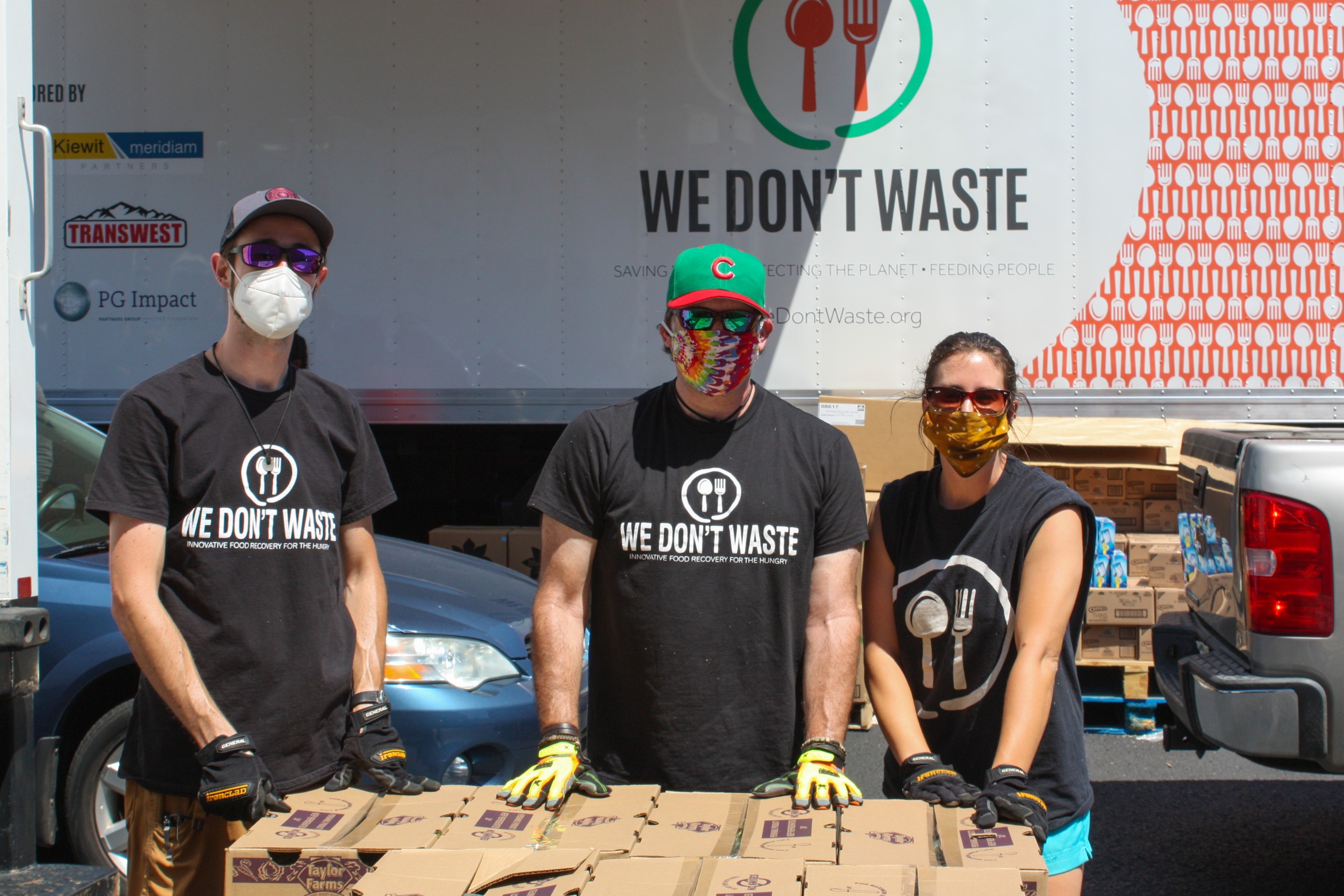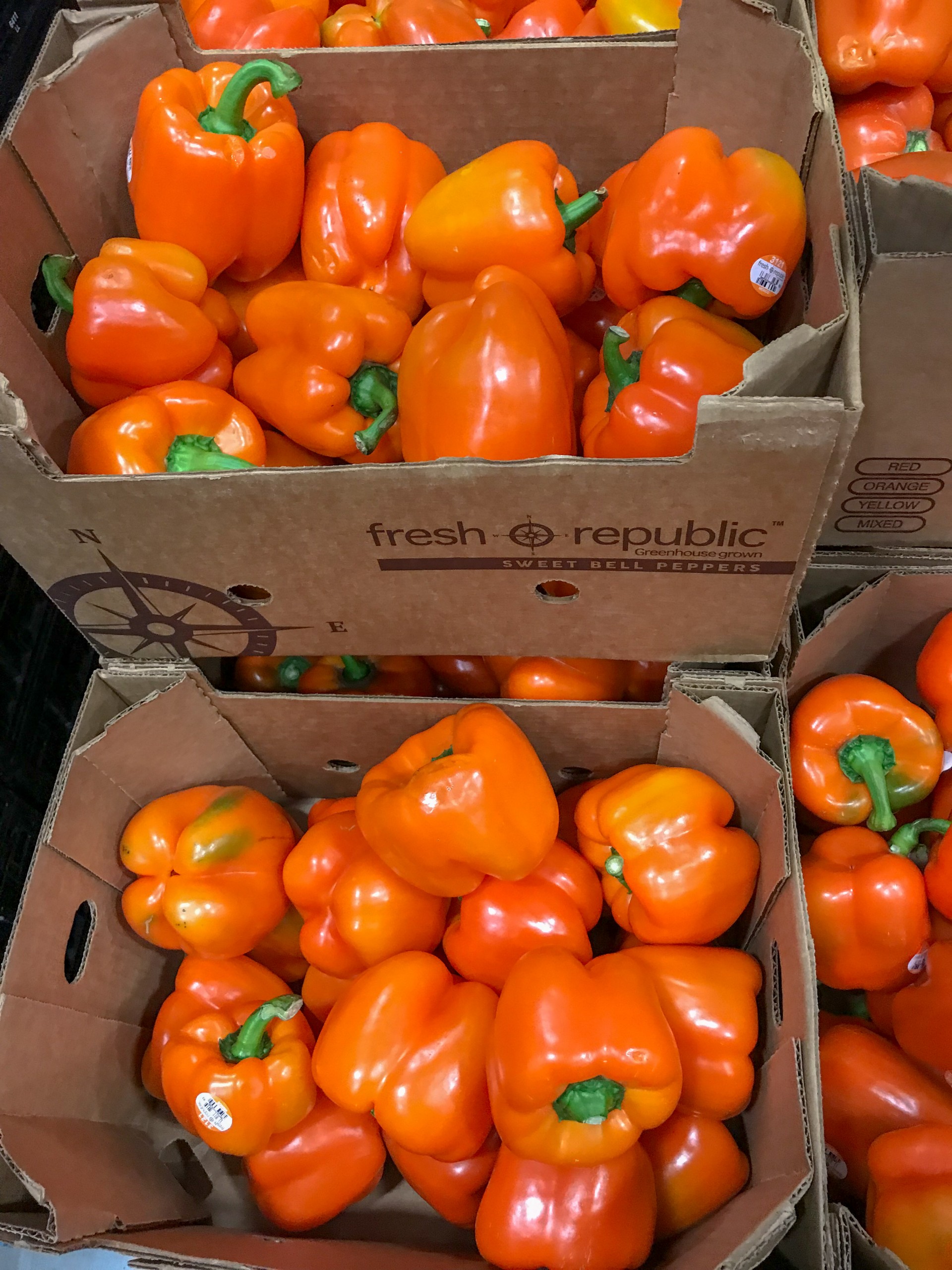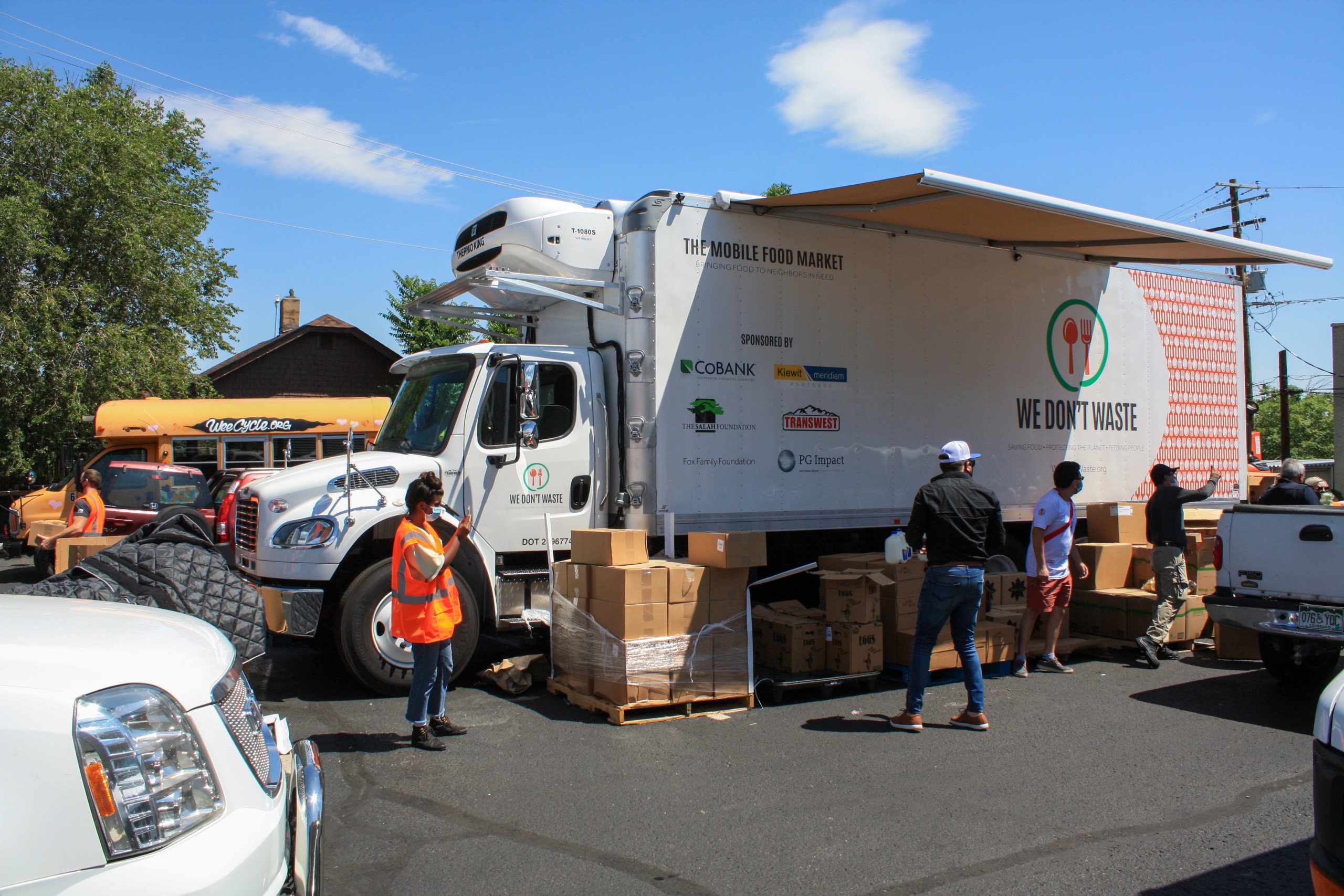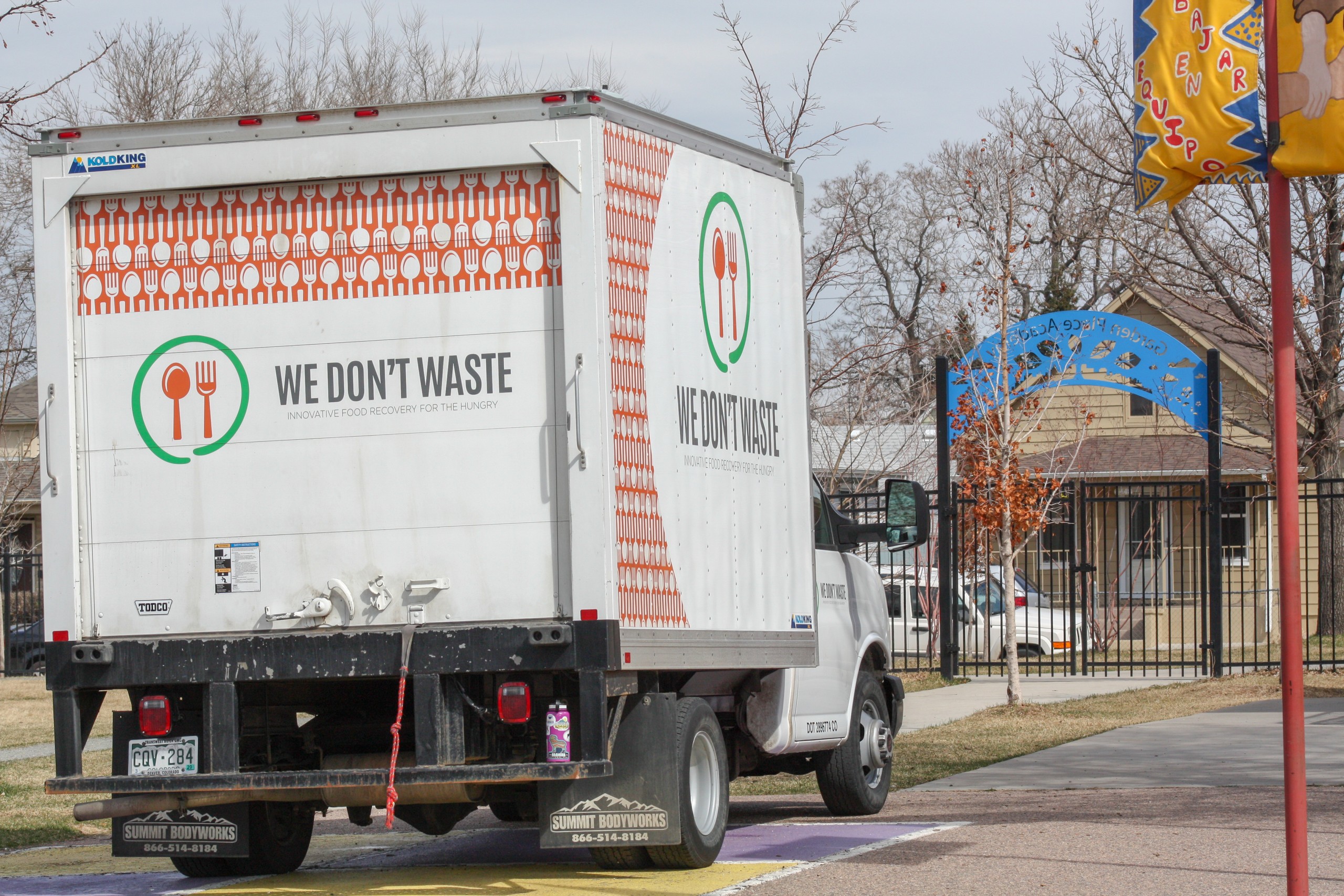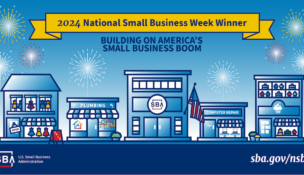Why the return to “normal” is anything but for some
The challenges faced by hunger relief non-profits and those they serve
Arlan Preblud //July 15, 2021//
Why the return to “normal” is anything but for some
The challenges faced by hunger relief non-profits and those they serve
Arlan Preblud //July 15, 2021//
Restaurants and venues are open again, and while consumer confidence is on the rise, we’re at a confluence of crises related to food insecurity.
In 2020, an unexpected flood of donations enabled most non-profits to continue to fulfill their missions. The demand for food-related support services is higher than ever, creating a crisis for Coloradans already facing hunger who now must manage steeply increasing food costs.
Summertime is particularly challenging, as families struggle in the absence of food that’s made available during the school year through the public school system.
Over 50% of Colorado households with children do not have regular access to nutritious foods, making summer the most critical time for food insecurity in the U.S. and at home in Colorado (Hunger Free Colorado). When schools are closed for the summer, we need to be fighting harder against hunger.
Grocery costs have steadily increased over the past 18 months. In fact, overall food costs are up 2.4% year over year (Bureau of Labor Statistics June 2020-21) due to supply chain disruptions and high demand.
Because we were eating at home more in 2020, the demand for grocery staples increased which led to ongoing price increases. Many were already struggling to buy enough food to feed their families and rising prices will undoubtedly impact more and more Coloradans each month.
Food banks and pantries are the safety net for people struggling to secure consistent income and therefore ongoing access to nutritious food. At We Don’t Waste, quality, unused food is recovered from food suppliers, catering companies, food distributors and others—even local professional sports venues—and distributed to organizations supporting those in need as well as directly to impacted communities, all free of charge.
With one in four adults in Colorado reporting the need to cut back or skip meals because there isn’t enough money for food (Hunger Free Colorado), community support is needed now, more than ever, to enable organizations working to end food insecurity to continue to expand their services.
We Don’t Waste distributed more than 24 million servings of food via its mobile markets and nonprofit partners in 2020, and demand is not waning.
In 2020, we all faced unprecedented challenges, and we rose to help each other in times of staggering need.
In 2021, the road to recovery is not smooth for many in our community, and it’s more important than ever to support organizations focused on paving the way to a hunger-free future with less food in landfills.






